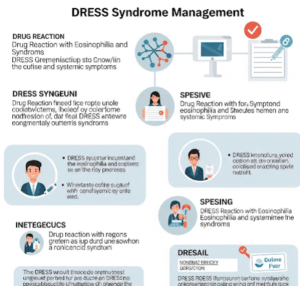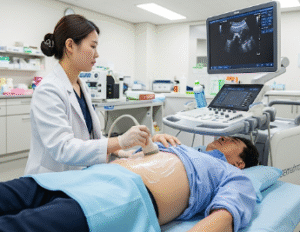Overview
Uterine Fibroids are noncancerous growths of the uterus that commonly occur in women during their reproductive years. Also known as leiomyomas or myomas, they can vary in size and number and may cause a range of symptoms depending on their location. While many fibroids are asymptomatic and harmless, others can lead to heavy bleeding, pelvic pain, and fertility problems.
What is Uterine Fibroids
Uterine Fibroids are benign tumors made up of smooth muscle and fibrous tissue that grow in or on the uterus. They can develop within the uterine wall (intramural), inside the uterine cavity (submucosal), or on the outer surface of the uterus (subserosal). Although they are not cancerous, fibroids can sometimes mimic the symptoms of more serious conditions and may impact a woman’s quality of life or reproductive health.
Symptoms
Symptoms of uterine fibroids depend on their size, number, and location. Common symptoms include:
- Heavy or prolonged menstrual bleeding
- Pelvic pain or pressure
- Abdominal bloating
- Frequent urination or difficulty emptying the bladder
- Constipation
- Pain during intercourse
- Lower back or leg pain
- Difficulty conceiving or recurrent miscarriage (in some cases)
Causes
The exact cause of fibroid development is unknown, but several factors are believed to contribute:
- Hormones: Estrogen and progesterone stimulate fibroid growth.
- Genetic changes: Mutations in genes regulating uterine muscle cells may be involved.
- Growth factors: Substances that help the body maintain tissues may influence fibroid growth.
- Extracellular matrix (ECM): Increases in ECM can make fibroids more fibrous and stiffer.
Risk Factors
- Age between 30 and 50
- Family history of fibroids
- Obesity or high body mass index (BMI)
- African ancestry (higher risk and more severe symptoms)
- Early onset of menstruation
- Vitamin D deficiency
- High red meat consumption and low intake of green vegetables
- Use of hormone replacement therapy (HRT)
Complications
While many fibroids do not cause serious issues, possible complications include:
- Severe anemia from heavy menstrual bleeding
- Infertility or complications during pregnancy
- Recurrent miscarriages
- Uterine distortion that affects fetal development
- Urinary tract or bowel obstruction (in extreme cases)
- Need for surgical removal of the uterus (hysterectomy)
Prevention
There is no sure way to prevent fibroids, but certain lifestyle changes may help lower the risk or reduce their growth:
- Maintain a healthy weight
- Eat a balanced diet rich in fruits, vegetables, and whole grains
- Limit red meat and processed foods
- Exercise regularly
- Monitor hormone levels and avoid unnecessary estrogen exposure
- Regular gynecologic checkups to detect changes early
Treatment Options in Korea
South Korea offers a variety of advanced and minimally invasive treatment options for uterine fibroids, tailored to the individual’s symptoms, age, fertility goals, and overall health.
- Diagnosis:
- Pelvic ultrasound (transabdominal or transvaginal)
- MRI scan for detailed imaging
- Hysteroscopy or sonohysterography to examine the uterine cavity
- Blood tests to evaluate anemia
- Treatment options:
- Watchful waiting for small, asymptomatic fibroids
- Medications:
- GnRH agonists to shrink fibroids temporarily
- Oral contraceptives to control bleeding
- Progestins or hormone-releasing IUDs
- Minimally invasive procedures:
- Uterine artery embolization (UAE)
- MRI-guided focused ultrasound surgery (FUS)
- Laparoscopic or robotic myomectomy to preserve the uterus
- Traditional surgery:
- Hysterectomy for women who no longer desire fertility
Korean hospitals are equipped with state-of-the-art surgical technology, fertility-preserving options, and multilingual patient care teams, ensuring safe and effective management of uterine fibroids.













